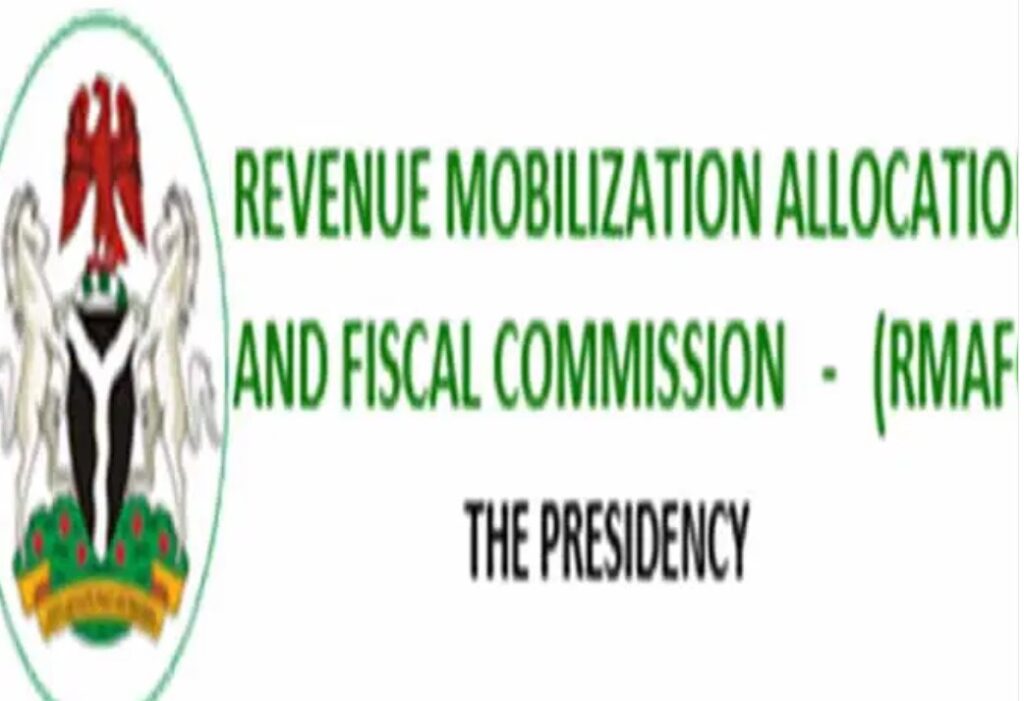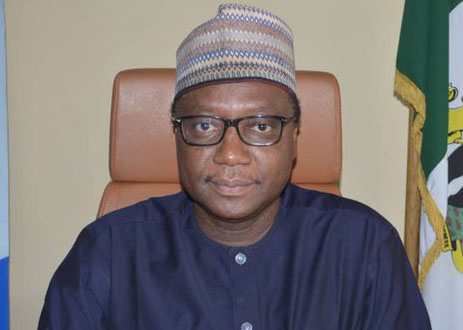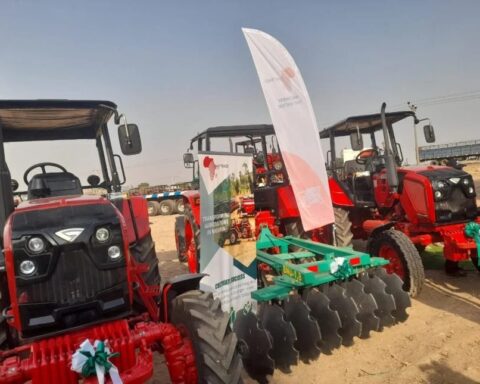The Revenue Mobilisation Allocation and Fiscal Commission (RMAFC) says it has commenced review of the country’s current revenue allocation formula in response to the changing socio-economic, political and fiscal realities of the time.
The Commission argued that reviewing the framework had become necessary as the country has gone through deep transformation, and a new allocation will help political office holders to shun temptations.
Chairman of the commission, Mohammed Shehu, who disclosed this at a press briefing in Abuja on Monday said the goal was to come up with a “fair, just, and equitable” sharing formula that reflects the responsibilities, financial needs and capacities of the three tiers of government, in line with their constitutional mandates.
He noted that ’the recent constitutional amendments by the 9th Assembly which devolved certain responsibilities from the exclusive to the concurrent legislative list,’ have placed financial and administrative burdens on the sub-national governments.’
Shehu highlighted some of the responsibilities to include electricity generation, transmission and distribution, railways, and correctional centres.
He argued that this situation made it essential to re-evaluate the structure of fiscal federalism in order to foster economic growth in individual states, enabling them to become independent from the federal government while ensuring equity, responsiveness and sustainability.
Currently, the revenue distribution stands at 52.6 per cent for the Federal Government, 26.7 per cent for states, and 20.6 per cent for local councils.
Additionally, one per cent each is reserved for the Federal Capital Territory, ecological fund, natural resources, and the stabilisation fund.
Quoting Paragraph 32 (b), Part I of the Third Schedule of the 1999 Constitution (as amended), Shehu explained that the Commission is mandated to “review, from time to time, the revenue allocation formulae and principles in operation to ensure conformity with changing realities.”
The chairman assured that the commission would conduct a comprehensive and transparent review that takes into account developmental disparities, fiscal performance, service delivery obligations, and sectoral needs.
He stressed “It will involve broad-based consultations with critical stakeholders, including the Presidency, National Assembly, state governors, ALGON, the Judiciary, MDAs, civil society organisations, traditional rulers, the organised private sector, and development partners.

Adding “The commission is also committed to integrating cutting-edge research, empirical data, and international best practices in its analysis,” .



























